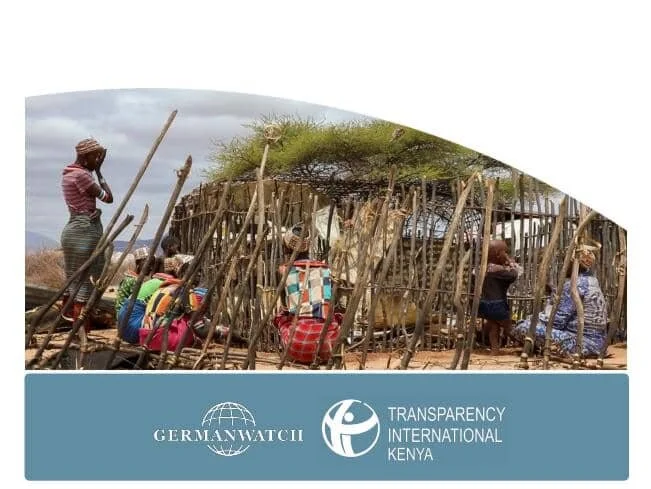The overhead myth that suggests that low overheads in nonprofits are a sign of efficiency has led to many donors underfunding the associated administration costs of their project grants and driven a vicious 'starvation cycle.' Through the Administration Costs Research Project, evidence gathered reveals how international donor funding covers the real administration costs of national NGOs. The Funders for Real Cost, Real Change (FRC), a collaborative of private foundations, commissioned this research and sought recommendations on how funders could provide adequate cost coverage and strengthen their grantees' financial health and resilience.
Global Stakeholders’ Consultation | The Lifecycle Of Plastics And Human Rights
In many countries, youth and vulnerable groups increasingly join the informal waste sector in search of a living. Informal waste reclaiming and treatment can empower marginalized communities, giving them social and working dignity. However, informal waste workers are often unskilled, untrained and perform scavenging and waste picking operations in unsafe and unhygienic conditions. Lack of personal protective equipment, such as gloves, glasses, and masks, exposes them to contamination from hazardous materials and accidental wounds caused by improper management on a daily basis.
Advancing African Risk Capacity In Kenya
This policy paper focuses on the ARC contingency planning process in Kenya and analyses the compatibility of the development, as well as the implementation of related plans, with human rights standards. It thereby applies the human rights-based approach to climate and disaster risk financing (HRBA-CDRF) to assess the degree of compatibility, identify room for improvement, and provide recommendations addressed to the responsible actors. The methodology is based on the HRBA-CDRF with its five principles of non-discrimination and equality, participation and empowerment, transparency, accountability, and do no harm.




